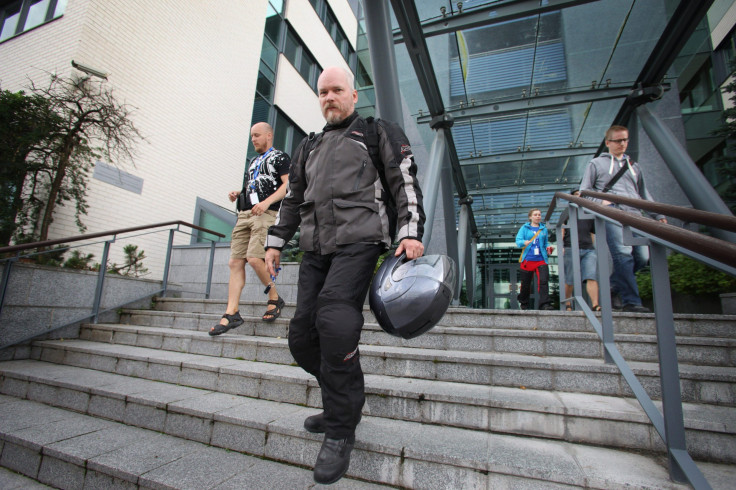Microsoft Job Cuts May Take A Year To Complete, Raising Concerns Among Employees

The massive job cuts announced by Microsoft Corp. (NASDAQ:MSFT) could be carried out over the course of a year, raising concerns among employees.
In a press release filed with the United States Securities and Exchange Commission on Thursday, Microsoft announced that it would eliminate approximately 18,000 positions from its operations.
According to the Redmond, Washington, tech giant, most of its job cuts are expected to be completed by Dec. 31. However, its overall restructuring plan is not expected to be fully completed until June 30, 2015.
This huge round of job cuts overshadows its 2009 job cuts, when Microsoft eliminated 5,800 positions. But unlike the job-cut plan announced by Microsoft, the elimination of those jobs dragged out for 18 months, according to SEC filings.
An email sent to Microsoft employees by CEO Satya Nadella indicates that 13,000 of those positions are expected to be eliminated within six months, many of which will come from Microsoft’s Nokia Devices division.
“We are moving now to start reducing the first 13,000 positions, and the vast majority of employees whose jobs will be eliminated will be notified over the next six months,” Nadella said. “It’s important to note that while we are eliminating roles in some areas, we are adding roles in certain other strategic areas.”
While the job cuts are expected to be completed in a shorter time frame than the 2009 Microsoft restructuring, online critics say that stretching out the layoffs over the course of a year could be detrimental to employee morale.
“If anything broke the back of this blog, it was the first big Microsoft layoff back in 2009,” Mini-Microsoft, a blogger purportedly currently working at Microsoft, wrote on Thursday.
“[The 2009 job cuts were] implemented so poorly, with constant worries and concerns and doubts about engaging in new ideas due to expectations those would be the easiest to trim during ongoing cutbacks,” Mini-Microsoft added.
Anonymous commenters on the blog entry echoed similar sentiments:
"I finally left MSFT in Jan after one too many years of hanging around. ... Only regret is I didn't do it sooner. I feel bad for any of my former colleagues that will be affected."
With job cuts come other problems, which Wayne Cascio, a professor at the University of Colorado in Denver, noted to CompterWorld:
"It creates massive uncertainty and a big drop in productivity. People spend their work time on social networking and getting a resume up to date. And there's the very real risk that the company might lose the most valuable, and marketable, employees."
Microsoft could attempt to ease some of that uncertainty, but employees face the prospect of being one of those 18,000 people being cut from the company until Microsoft completes its plan.
© Copyright IBTimes 2024. All rights reserved.












